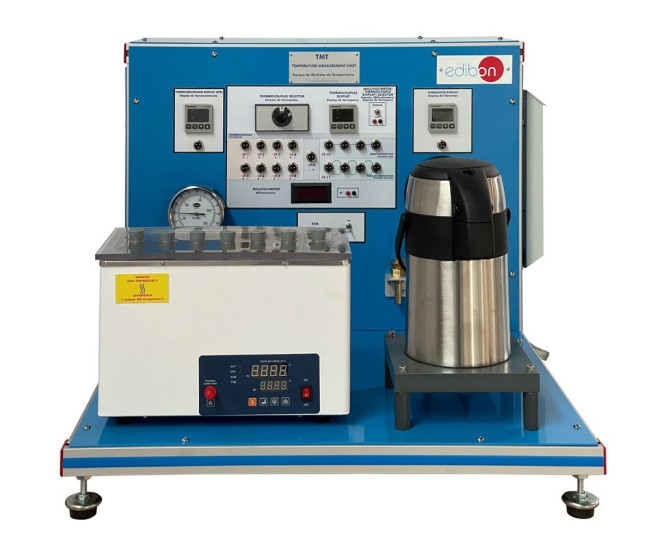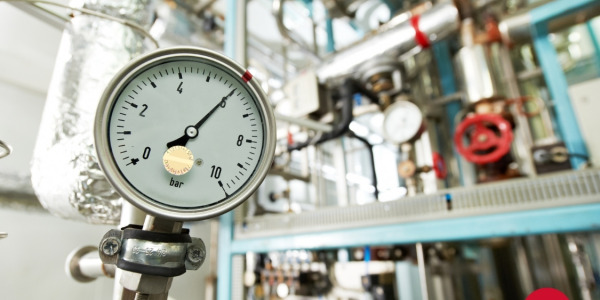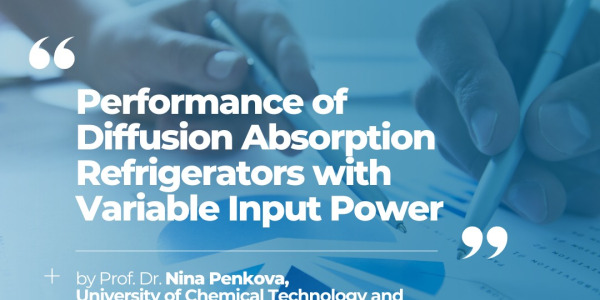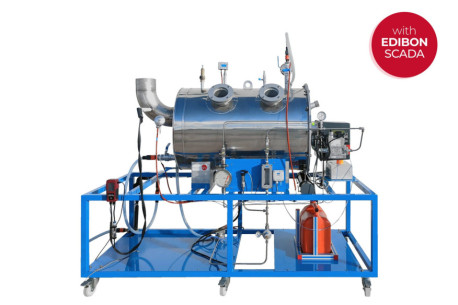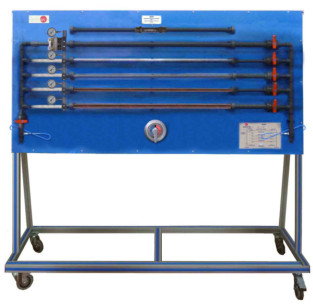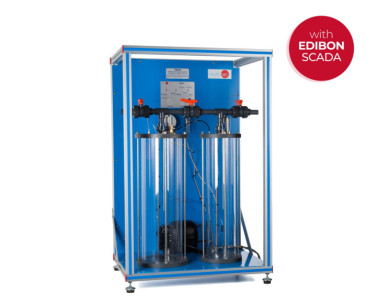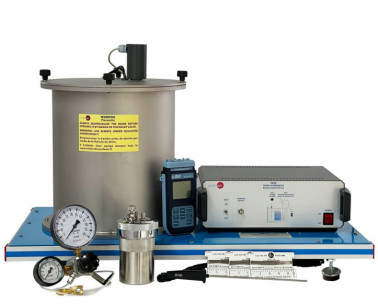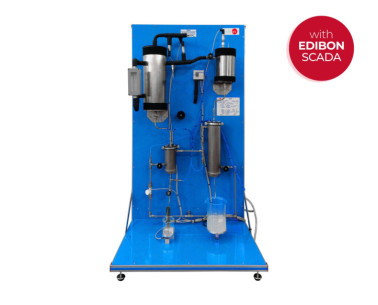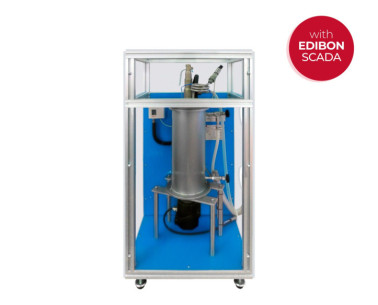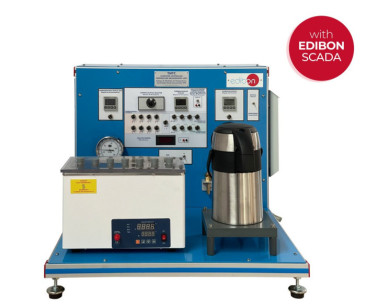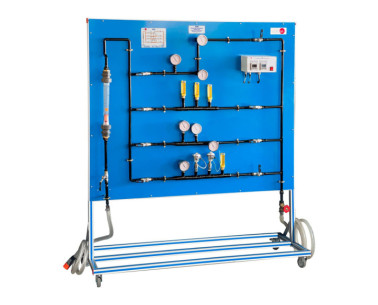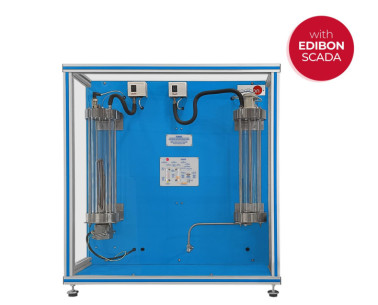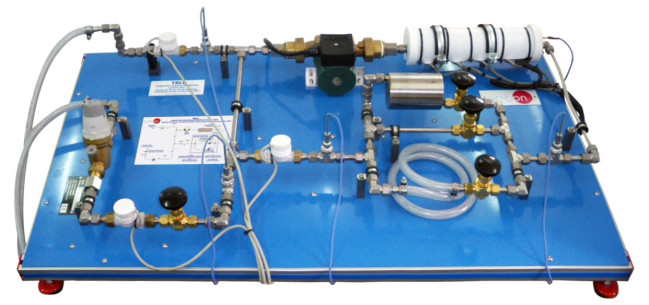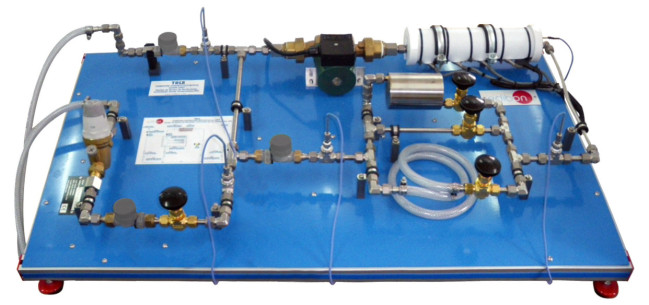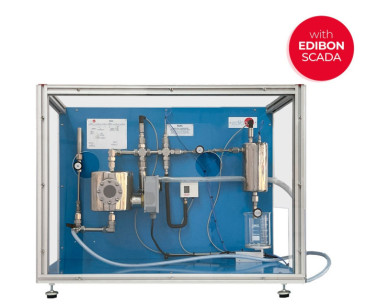TMT Temperature Measurement Unit
INNOVATIVE SYSTEMS
The Temperature Measurement Unit, "TMT", is a laboratory-scale unit designed to study the different ways in which temperature can be measured.
Laboratories
RELATED NEWS
General Description
The Temperature Measurement Unit, "TMT", works as a temperature meter that uses different temperatures measuring devices to compare, check and analyze the temperature and how is the precision for the measure and for the device that the student has used.
This unit is used to study the different types of temperature devices, the temperature phenomenon when the student works with these types of devices (Peltier’s thermoelectric effect and Seebeck’s thermoelectric effect between others) and the difference when the student works with different device disposition (Direct measurement thermocouple, parallel association of thermocouples or series association of thermocouples, between others).
Exercises and guided practices
GUIDED PRACTICAL EXERCISES INCLUDED IN THE MANUAL
- Determining concepts of temperature measurements and scales:
- Temperature scales: alcohol thermometer.
- Demonstration of thermometric properties and characteristic behaviour of different sensors:
- Peltier’s thermoelectric effect.
- Seebeck’s thermoelectric effect.
- Intermediate metals Law.
- Intermediate temperatures Law.
- Working with different temperature indicator devices:
- Vapour pressure thermometer.
- Bimetallic thermometer.
- Wet and dry bulb thermometer.
- Measuring precision, sensitivity and measuring errors of the different thermometers:
- Direct measurement thermocouple.
- Parallel association of thermocouples.
- Series association of thermocouples.
- Dynamic response:
- Platinum resistance thermometer.
- Thermistor.
- Introduction to calibration techniques of each system.
- Errors associated to a bad electrical connection.
- Calibration errors.
SUPPLEMENTARY EQUIPMENT
Thermal Expansion Training Unit
Computer Controlled Expansion Processes of a Perfect Gas Unit
Bomb Calorimeter
Computer Controlled Separating and Throttling Calorimeter
Computer Controlled Marcet Boiler Unit
Computer Controlled Temperature Measurement Unit
Temperature Measurement Training Unit
Computer Controlled Gas Laws Unit (Boyle and Gay-Lussac Laws)
Computer Controlled Recycle Loops Unit
Recycle Loops Unit
Computer Controlled Saturation Pressure Unit
Quality
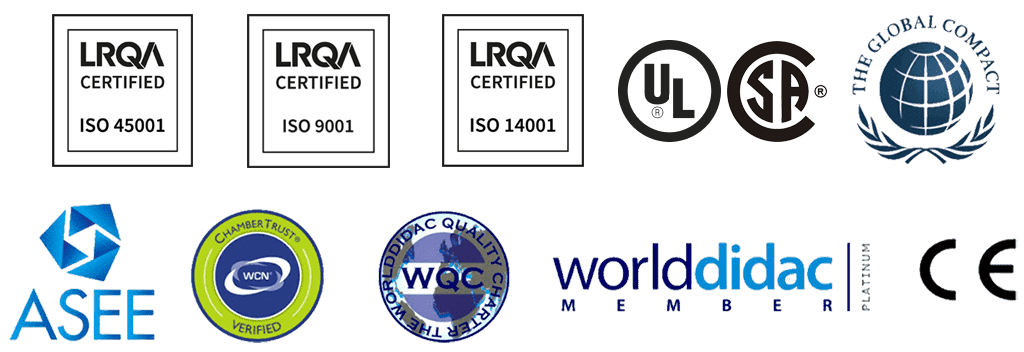
AFTER-SALES SERVICE

 Cookie preferences
Cookie preferences

